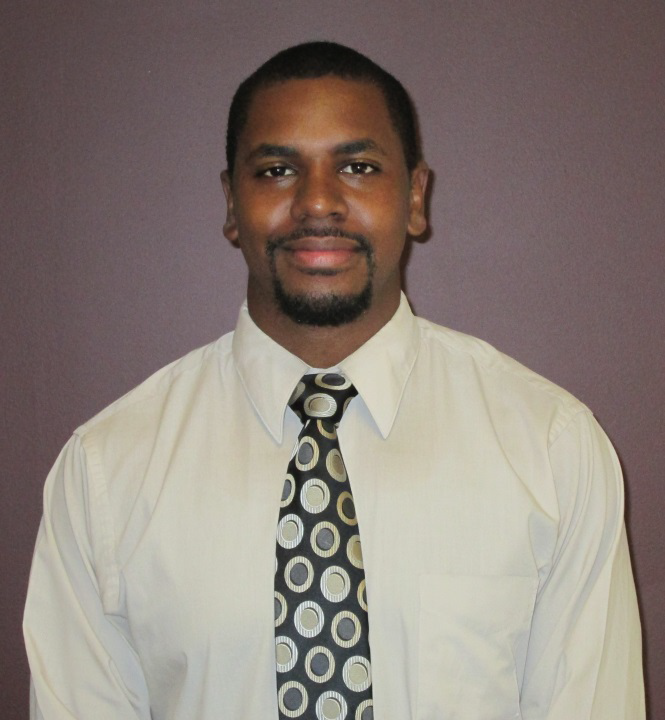Graduate Student Highlight: Michael Williams
 Michael Williams
Michael Williams
Michael Williams is a 4th-year student in Clinical Psychology. A native of Washington D.C., Michael graduated cum laude from Morehouse College. A Ronald E. McNair Scholar focusing on neuroscience, Michael was selected as a research scholar in the Behavioral Research Advancement in Neuroscience (BRAIN) and Facilitating Academic Careers in Engineering and Sciences (FACES) programs, as well as the Historically Black Colleges & Universities Undergraduate Program. His undergraduate research won multiple awards for excellence.
While at Morehouse, Michael volunteered at homeless shelters, mentored youth from disadvantaged backgrounds, facilitated activities at nursing homes, and helped to develop a support group for elderly men. He also served as a youth mentor with a global leadership summer program hosted in Cape Town, South Africa. Despite the considerable time and energy required by his doctoral program at WSU, he has continued to volunteer in community and academic service during time in Detroit. He volunteered with the Society of African American Professionals and helped to plan the 6th annual African American Male Teen Summit, including their workshop on mental health. Michael also represented WSU for Graduate Education Day 2013 at the State Capitol in Lansing to discuss and lobby for priorities in education and training at the State level. This year Michael was selected to serve as the student representative to the national board of the Council of University Directors of Clinical Programs.
Michael is a member of Professor Lisa Rapport's research laboratory, focusing on outcomes in traumatic brain injury. First-year support provided by WSU's Initiative to Maximize Student Diversity program afforded Michael the opportunity to focus on developing his research program and applications for external fellowships. He successfully garnered a prestigious Ford Foundation Fellowship to fund his doctoral education. His master's thesis conducted with Lisa Rapport, Incremental validity of neuropsychological evaluations and CT scans in predicting long-term outcomes for persons with traumatic brain injury, has become the equivalent of a Billboard Music chart-topping hit: It was honored for excellence in student research by the APA division of Clinical Neuropsychology, presented at the national Conference of Ford Fellows and a meeting of the Brain Injury Association of Michigan. At WSU, Michael received the 2013 Steven Lewis Award for this research, which Cary Lichtman described as "a winning tale of man against machine." It was also selected for the Charles Gdowski award based on the article recently published in The Clinical Neuropsychologist (Williams, Rapport, Greene, Hanks, & Millis 2013). Recently, American Academy of Clinical Neuropsychology (AACN) designated the article in The Clinical Neuropsychologist as a Continuing Education course. The study is popular likely because it demonstrates the clinical utility of neuropsychological evaluations during inpatient hospital stay as "value added" to usual-care predictors including CT scans.
This fall, Michael will join the WSU Psychology Clinic team as a Graduate Teaching Assistant. He's currently preparing his dissertation proposal, which will also focus on the predictive utility of neuropsychological evaluations in a rehabilitation setting. Michael's career goal is to become an academic scientist who teaches at a research-intensive university affiliated with a hospital system. He plans to continue being part of a mentoring network throughout his career.
Williams, M. W., Rapport, L. J., Greene, H. A., Hanks, R. A., & Millis, S. R. (2013). Incremental validity of neuropsychological evaluations and CT scans in predicting long-term outcomes for persons with traumatic brain
injury. The Clinical Neuropsychologist, 27(3), 356-375.